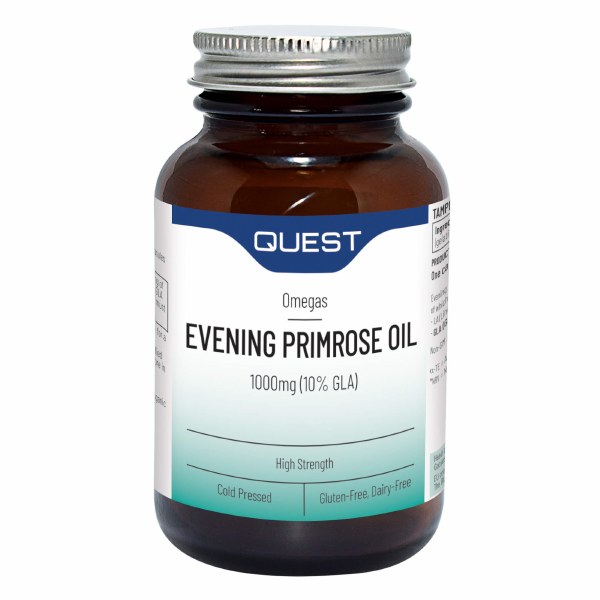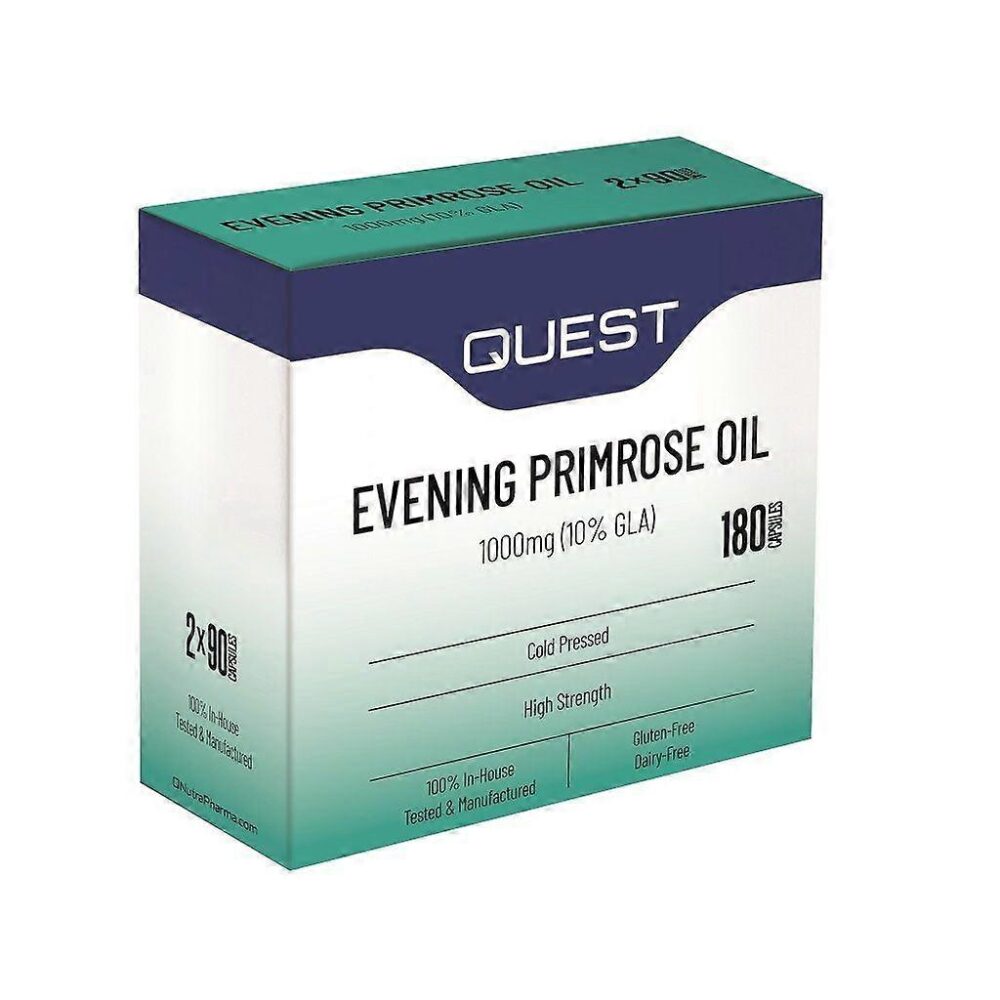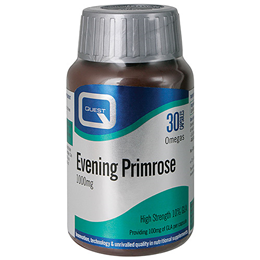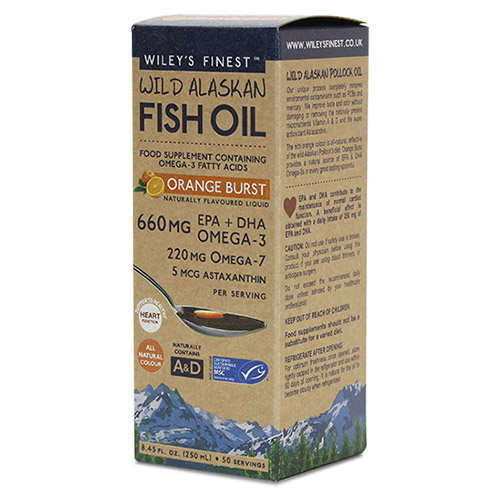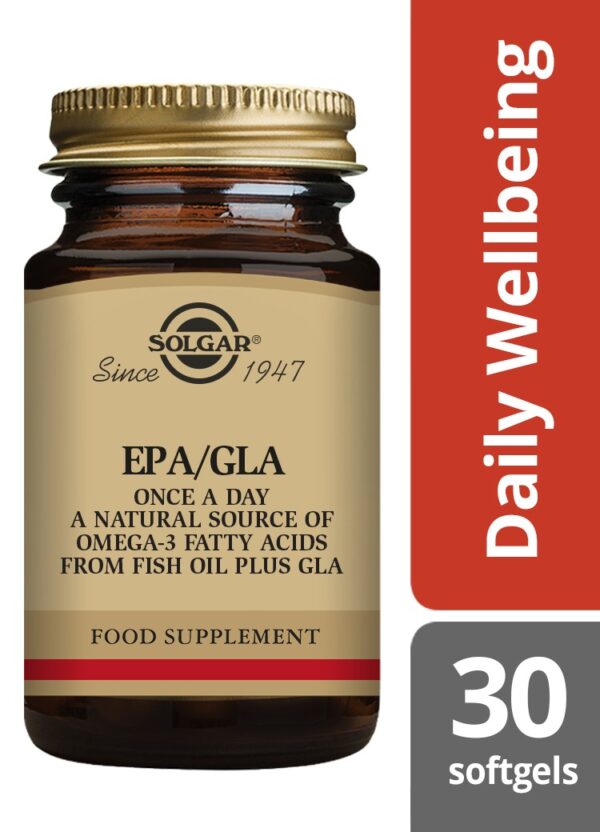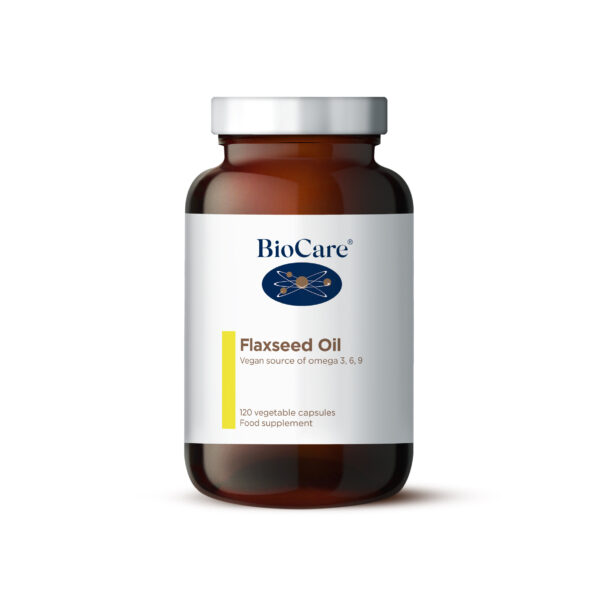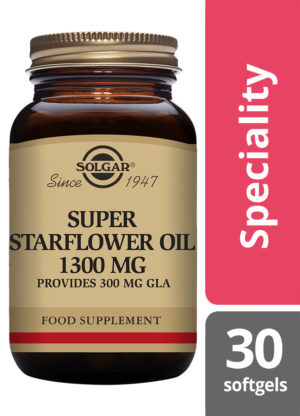Description
Evening Primrose Oil
Quest Evening Primrose Oil (EPO) is derived from the seeds of the evening primrose plant (Oenothera biennis). It’s rich in gamma-linolenic acid (GLA), an omega-6 fatty acid that the body can convert to prostaglandins, hormone-like substances that help regulate various bodily functions.
Here’s a breakdown of its uses and potential health benefits, along with important considerations:
Potential Uses & Health Benefits (backed by some research, but often with mixed results or requiring more study):
-
Skin Health:
-
Eczema (Atopic Dermatitis): This is one of the most studied uses. Some studies have shown EPO may help reduce inflammation, itching, and dryness associated with eczema, but others have found no significant benefit. It’s not considered a first-line treatment.
-
Acne: The GLA in EPO may help reduce inflammation and block the production of dihydrotestosterone (DHT), a hormone that can contribute to acne. Evidence is limited.
-
Skin Aging: Some research suggests that EPO may improve skin hydration, elasticity, and firmness, potentially reducing the appearance of fine lines and wrinkles. More research is needed.
-
-
Women’s Health:
-
Premenstrual Syndrome (PMS): EPO is commonly used to alleviate PMS symptoms such as breast pain, mood swings, bloating, and irritability. Some women find it helpful, but scientific evidence is mixed. It may help for some individuals.
-
Menopause: EPO is sometimes used to manage menopausal symptoms like hot flashes. Again, evidence is weak and conflicting. While some women report improvement, clinical trials often show no significant difference compared to placebo.
-
Breast Pain (Cyclical Mastalgia): EPO is sometimes used to relieve cyclical breast pain associated with menstruation. There’s limited evidence to support this claim.
-
-
Other Potential Benefits (more research needed):
-
Nerve Damage (Diabetic Neuropathy): Some studies suggest that EPO may help improve nerve function and reduce pain in people with diabetic neuropathy. More robust research is required.
-
Rheumatoid Arthritis: EPO’s anti-inflammatory properties might help reduce joint pain and stiffness in rheumatoid arthritis. However, the effects are typically mild and don’t replace conventional treatments.
-
High Cholesterol: Some preliminary studies suggest that EPO may help lower LDL (“bad”) cholesterol and raise HDL (“good”) cholesterol. More research is needed to confirm these effects.
-
Bone Health: EPO may contribute to bone health by increasing bone density and reducing bone loss. Studies are limited, and calcium and vitamin D remain the cornerstones of bone health.
-
Dry Eye Syndrome: Some studies explore the role of GLA from sources like EPO in improving dry eye symptoms.
-
Important Considerations:
-
Consult your doctor: Always talk to your doctor before using EPO, especially if you have any underlying medical conditions, are taking medications, or are pregnant or breastfeeding. EPO can interact with certain medications and may not be suitable for everyone.
-
Potential Side Effects: EPO is generally considered safe for most people when taken as directed, but some common side effects may include:
-
Nausea
-
Diarrhea
-
Stomach upset
-
Headache
-
-
Drug Interactions: EPO can interact with certain medications, including:
-
Anticoagulants and antiplatelet drugs (blood thinners): EPO may increase the risk of bleeding when taken with these medications (e.g., warfarin, aspirin, clopidogrel).
-
Phenothiazines: A class of antipsychotic medications. EPO may increase the risk of seizures in people taking phenothiazines.
-
Seizure threshold lowering medications: Use with caution in those with a history of seizures.
-
-
Dosage: Dosage varies depending on the condition being treated. Follow the dosage instructions on the product label or as recommended by your doctor. It’s usually best to start with a low dose and gradually increase it as needed.
-
Quality: Choose a high-quality EPO product from a reputable brand. Look for products that are cold-pressed and hexane-free.
-
Time to See Results: EPO may take several weeks or months to produce noticeable effects. Be patient and consistent with your treatment.
-
Not a Cure-All: EPO should not be considered a cure-all for any condition. It may help alleviate symptoms, but it’s important to address the underlying cause of the problem and follow your doctor’s recommendations.
-
Pregnancy and Breastfeeding: There’s conflicting information about the safety of EPO during pregnancy and breastfeeding. It’s best to avoid using EPO during these times unless specifically directed by your doctor.
In Summary:
Evening Primrose Oil holds potential benefits for various health conditions, especially related to skin health and women’s health. However, the scientific evidence supporting its effectiveness is often mixed or limited. It’s crucial to consult with your doctor before using EPO, consider potential side effects and drug interactions, and choose a high-quality product. EPO should be used as a complementary therapy alongside conventional medical treatments, not as a replacement for them. More research is needed to fully understand the benefits and risks of EPO.



